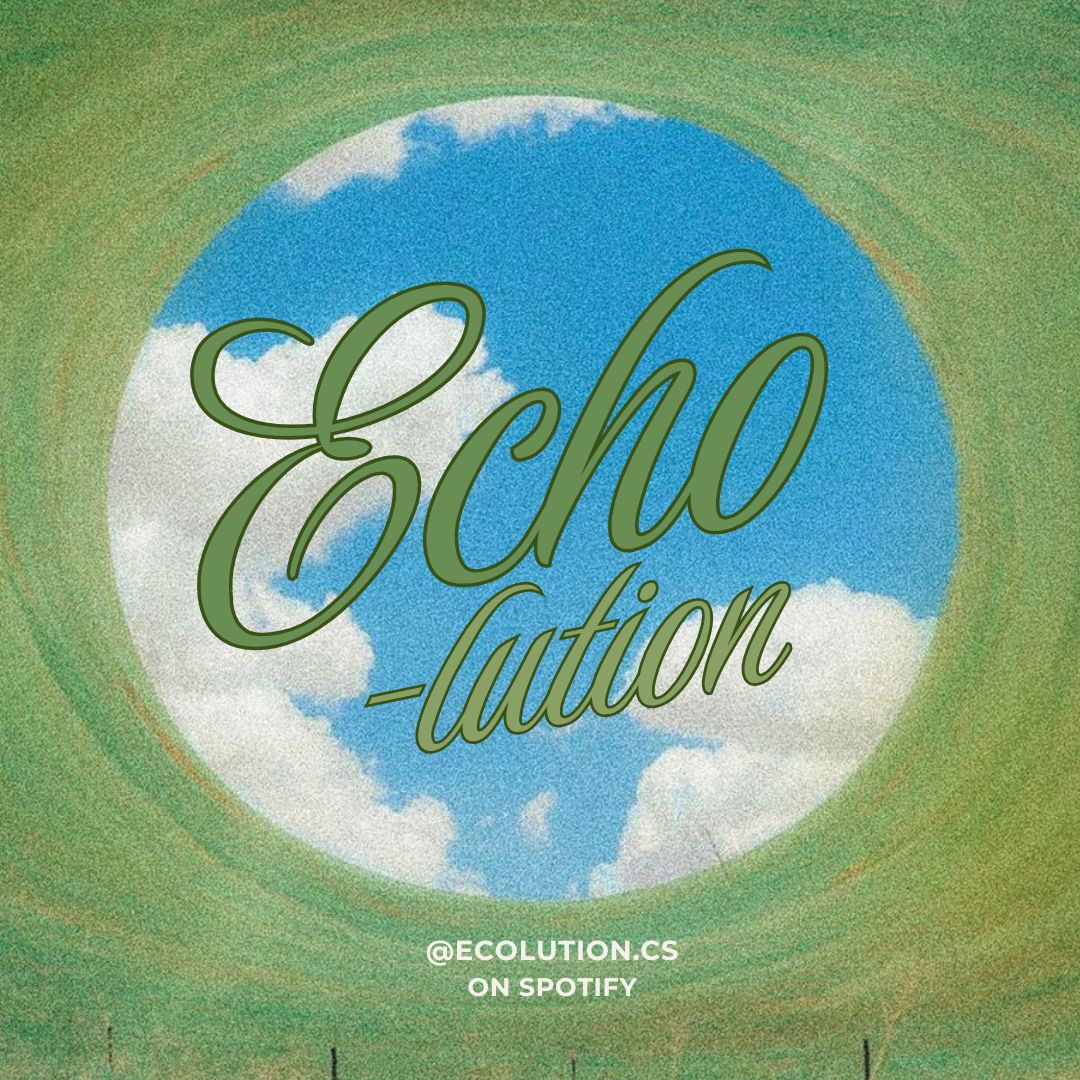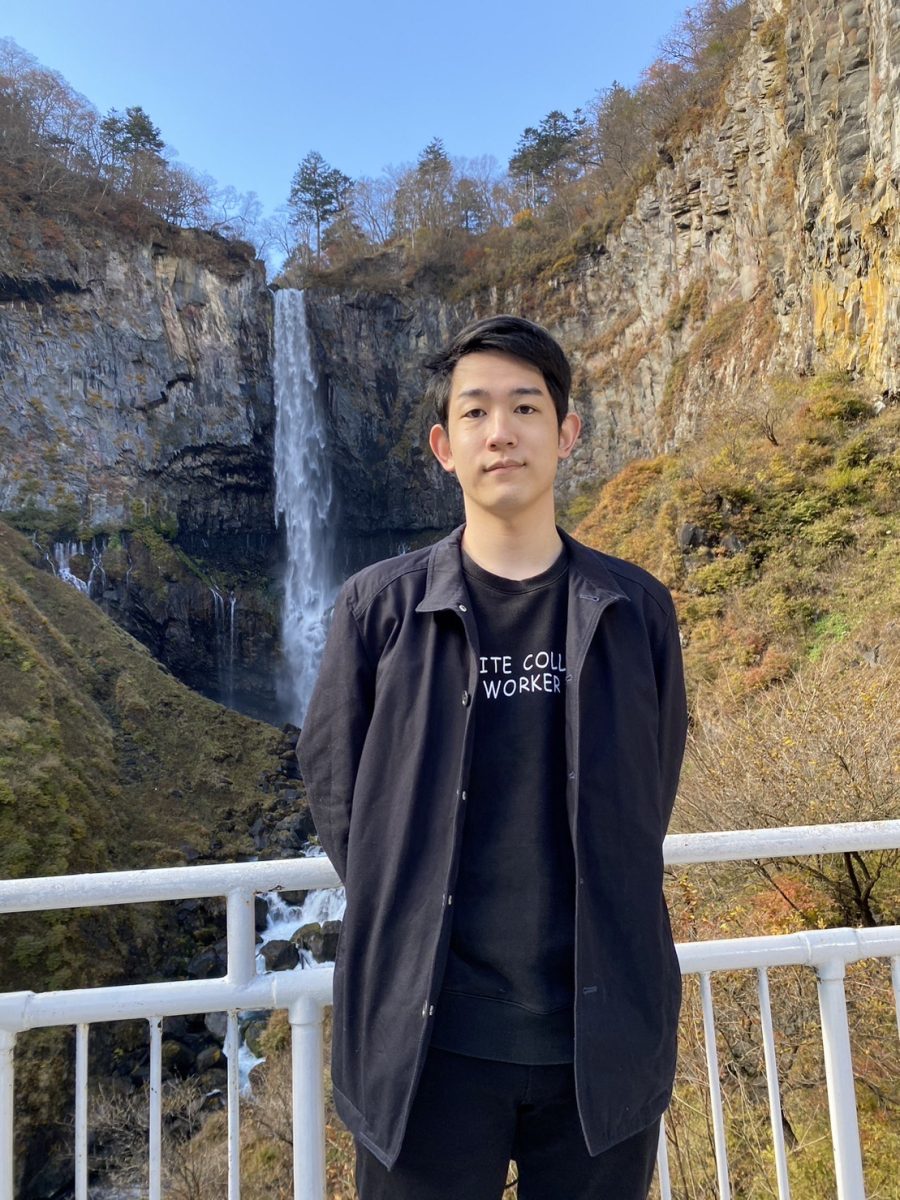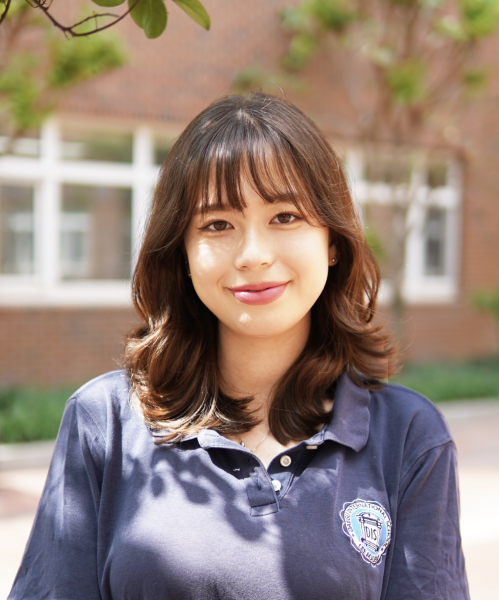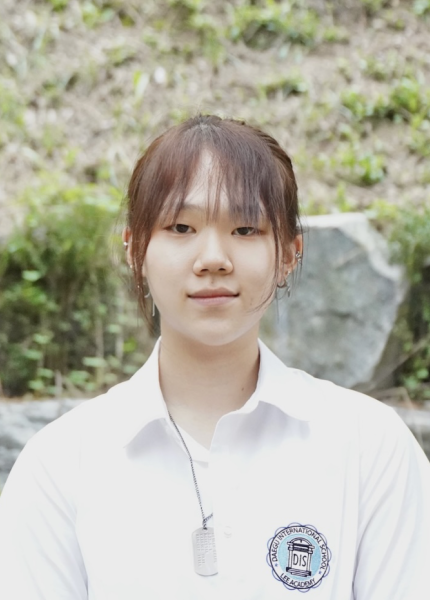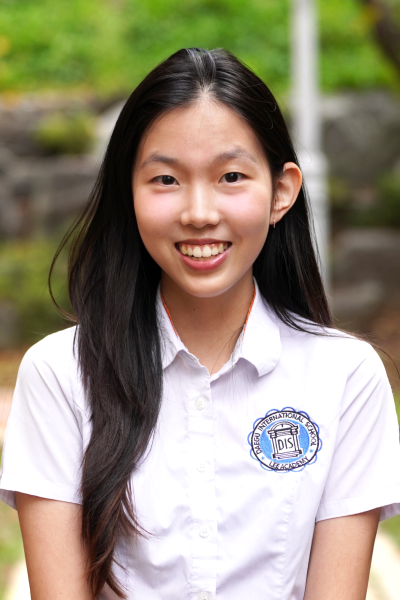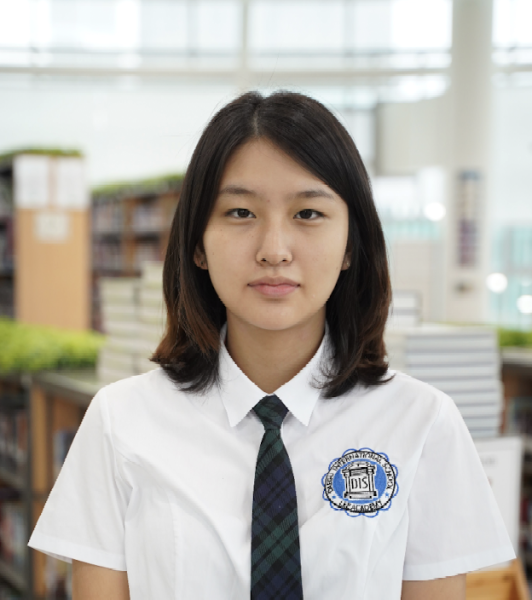A few months ago, on a sunny Saturday morning, I got in touch with a former DIS student, Rei Nakatsuka. A bright and positive startup entrepreneur, Rei shares his postgraduate life and gives advice to those who still have time left at DIS. Come on and hop into the conversation.
Are you Korean? Japanese? Both? How does that impact your life in Japan?
My father is Korean, and my mother is Japanese. I was born in Japan but moved to Korea when I was five or six. I went to a normal elementary school and came to DIS in middle school. I used to find myself more Korean when I graduated from DIS in 2018. But now, I am in Japan, and it is my fifth or sixth year here, so I am now more Japanese.
I still have a lot of Korean friends, so now I’m both, I guess. Sometimes, I feel uncomfortable because people think I am fully Japanese when I am not. People come up to me and start talking about Japanese stuff, and I don’t really know because I lived my whole life in Korea.
Do you hang out more with Japanese or Korean friends?
Now that I am in my workplace, on weekdays I speak and interact with Japanese people more. In college, I got to know some Koreans in Japan, and I spoke in Korean with them. But they are the complete opposite. They are fully Korean, but because of their father’s job, they had to come to Japan.
I still play online games with my DIS friends. I don’t know if you know them, but they are Robbin Ryu and Eric Kim. I met Robbin yesterday. He is in Waseda. He goes to Waseda University. He went to the army and just came back, so he is starting as a sophomore. So I hang out with a lot of people. Japanese and Korean.
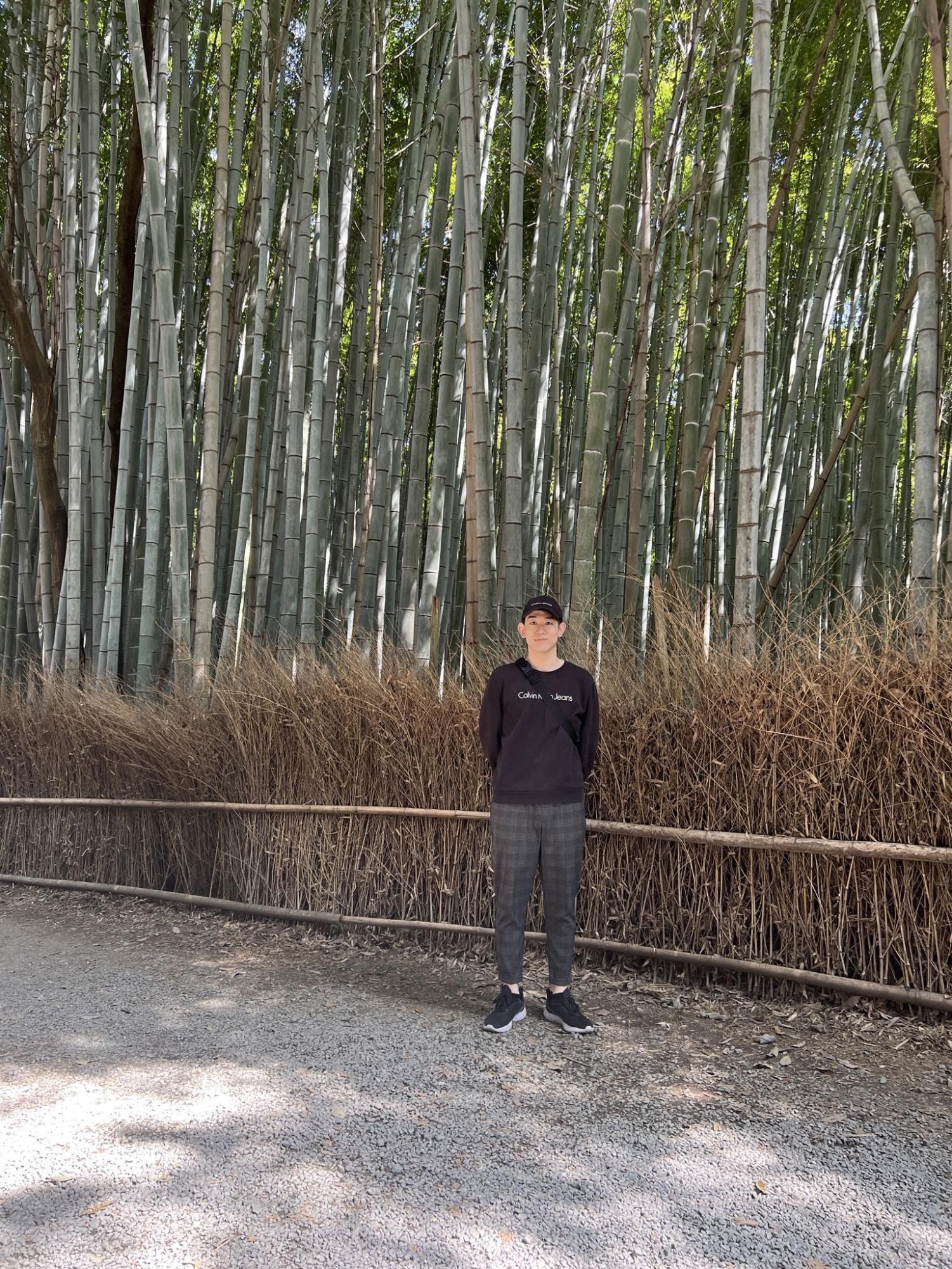
What are some major differences between Korea and Japan?
People in Korea think they have to go to college. So the percentage of people going to college is 90-something percent in Korea. But in Japan, it is 30 to 40. People aren’t really obsessed with attending college. There are a lot of people that stop at high school. So, there are a lot of educational background differences. Japanese people are polite, but it is hard to get along with them. Koreans, especially people in Daegu, have 정(the Korean word used for kindness and affection). So they are really welcoming to strangers I think.
Have you ever experienced racism against Koreans there?
Here in Japan? Racism against Koreans? No. There is K-pop, and thanks to BTS, Koreans are welcome here. Politically, Koreans and Japanese don’t get along, that’s for sure. But I don’t think it interferes with normal interactions because the conflicts are political, and Japanese people don’t care about politics. They don’t even vote. Teenagers and people around my age are just like, “Oh my god, BTS is handsome,” and sing Korean songs and eat 닭갈비 (Korean barbeque chicken) and stuff. So I don’t really feel racism against Koreans here.
Have you ever felt racism in Korea against Japanese people?
Not really, because I am Korean, and I understand Korean culture. I know how to react to them. But when I was in a Korean elementary school, kids learned in their curriculum about Yu Gwansun, An Jung-geun (Korean independence activists), and Ito Hirobumi (the first prime minister of Japan). And after that social studies class, they came to me and asked for apologies.
I was like, ‘I don’t care.’ I didn’t do anything. Technically I am half Korean and half Japanese, so maybe I will give half of the apology. But I don’t consider that as racism. I think it was just kids being kids. I went to DIS for middle school and high school, and people were really open to different cultures and nationalities, so there was no real racism.
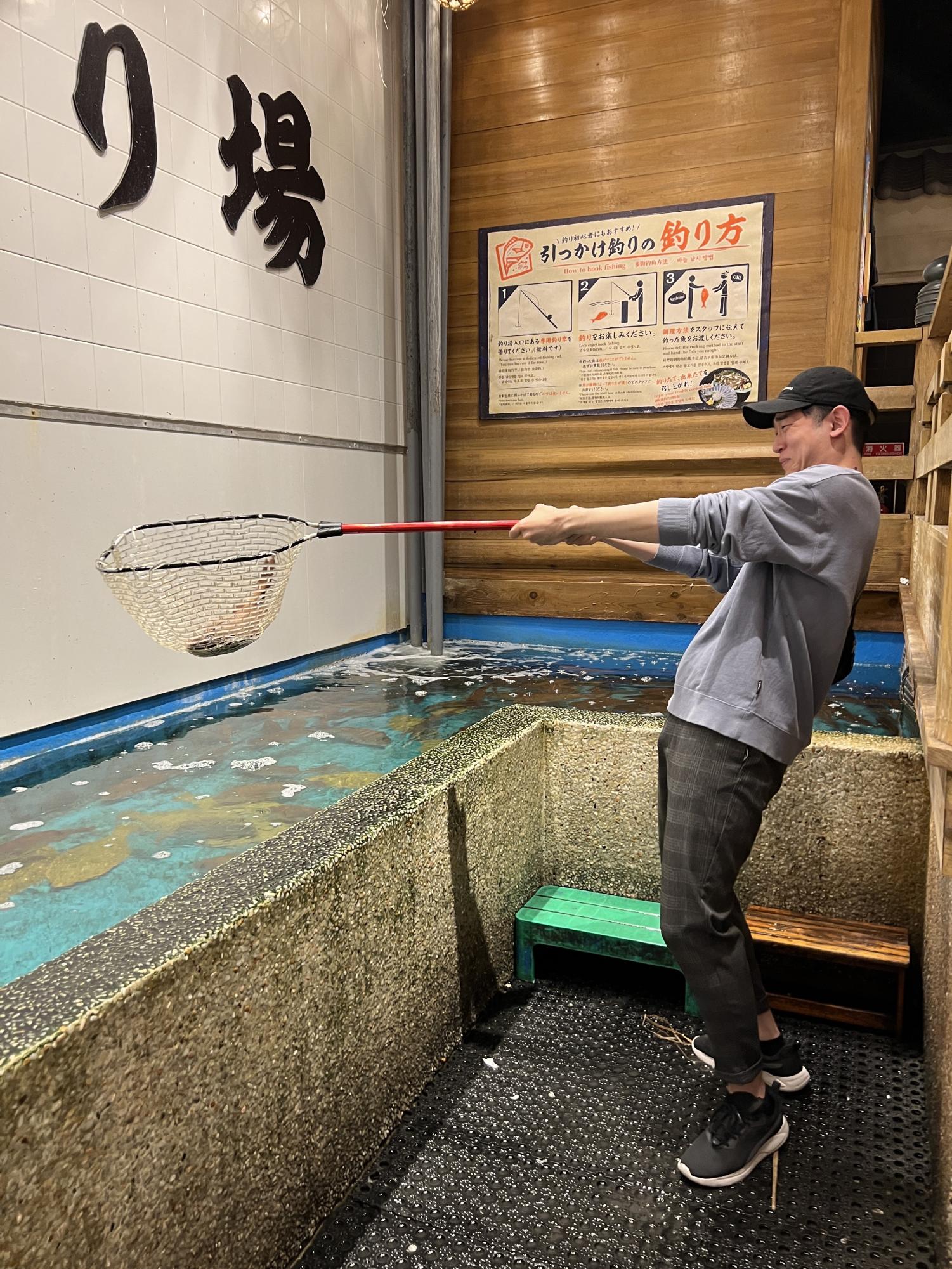
What do you do in your free time?
I watch Netflix, sleep, and play games with high school kids. And I really like aquariums. So I sometimes go to aquariums.
What’s your hobby/interest?
My interest is accounting for numbers and stuff, and that became my job, which is really good. I am happy that my hobby became my job. If you work in an area that is not your interest, it would be really tiring. So everyone should link their hobby to their job.
Are you working at a company?
I’m working at an audit firm. My job is to check if the number for the profit of a company is correct and check whether the company is lying or not. It is called the financial statement. The people here are really nice. The Japanese are known for their politeness. I go to work from 9:15 to 9:30 in the morning and check the emails that my boss sends. I respond to the email and work accordingly. And then at lunch, I go eat outside with my boss and my coworkers. Then I come back and I continue working until 5:40~6 p.m. and go home. But, April and May are really busy so I hardly ever went home on time. I usually went home at 8 p.m.~9 p.m. But this is only for April and May. I really like my job. I was treasurer in the student council in 11th grade. I really like this job dealing with numbers.
When did you find out that you wanted to become a financial adviser?
Well, I went to college and I thought, ‘I need special skills to work at a company and get a job to live the rest of my life.’ I thought about my specialty and thought of what I could do: dealing with numbers and finance. That is when I thought I should go to an audit firm. It was like my freshman year in college. My major was economics already. I got like 4~5 in the AP economics macro and micro. But I never really utilized my AP knowledge after college because I wasn’t a good student in college. My GPA was falling apart. I even saw 1 point something in my GPA.
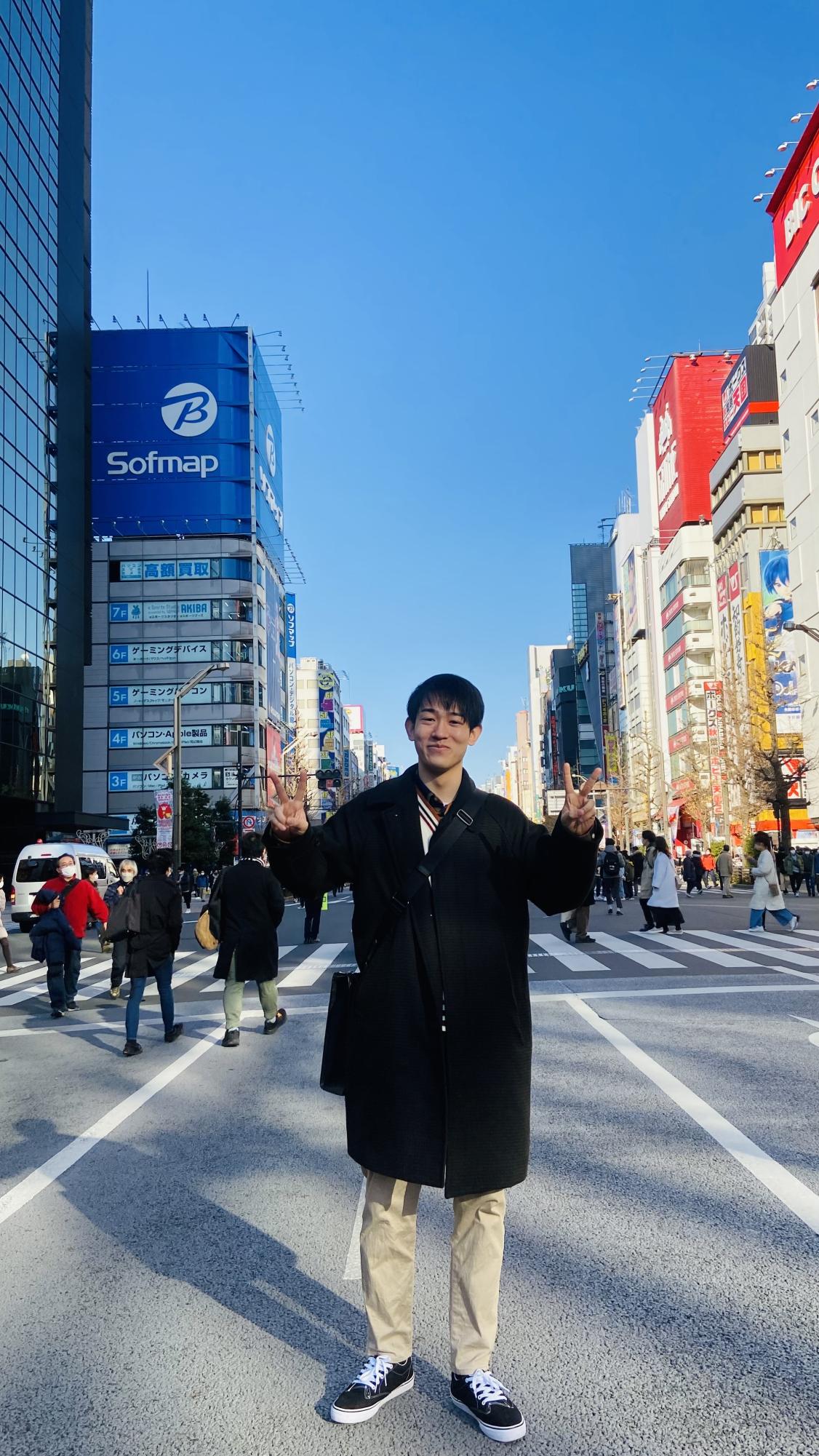
How is university life different from high school?
In high school, you meet the same person in the same classroom every single day. For college, that is not the case. So it is really hard to make friends. You have to really reach out. You can‘t wait for someone to come to you. You need to go up to people and initiate conversation. And in your workplace, you can’t really expect to find a friend. They are more like just co-workers, not friends. Your friendship will probably stop at college.
What was the most stressful part of entering a new world after graduation?
If you go to a college in the US, the curriculum is similar to DIS, so in terms of studying, it doesn’t really change, just the country changes. However, I went to college in Japan and it is in the Japanese system so the studying environment totally changed. That is where I struggled. Also, although I am Japanese, when I graduated from DIS, I saw myself more as Korean. So, it was a whole new world when I came to Japan. I learned how to treat my boss and professor. Like in DIS, we will just say Mr. Hutchings. But, in Japan, we have to go like, “Hutchings sensei, Konnichiwa.” Well, that is similar in Korea too but it is a little bit different way of being polite. I lived my whole life in Daegu then I came to Tokyo and Tokyo is a big city. So all the subway transfer, trains, and all that complex stuff was hard. Now I am really okay.
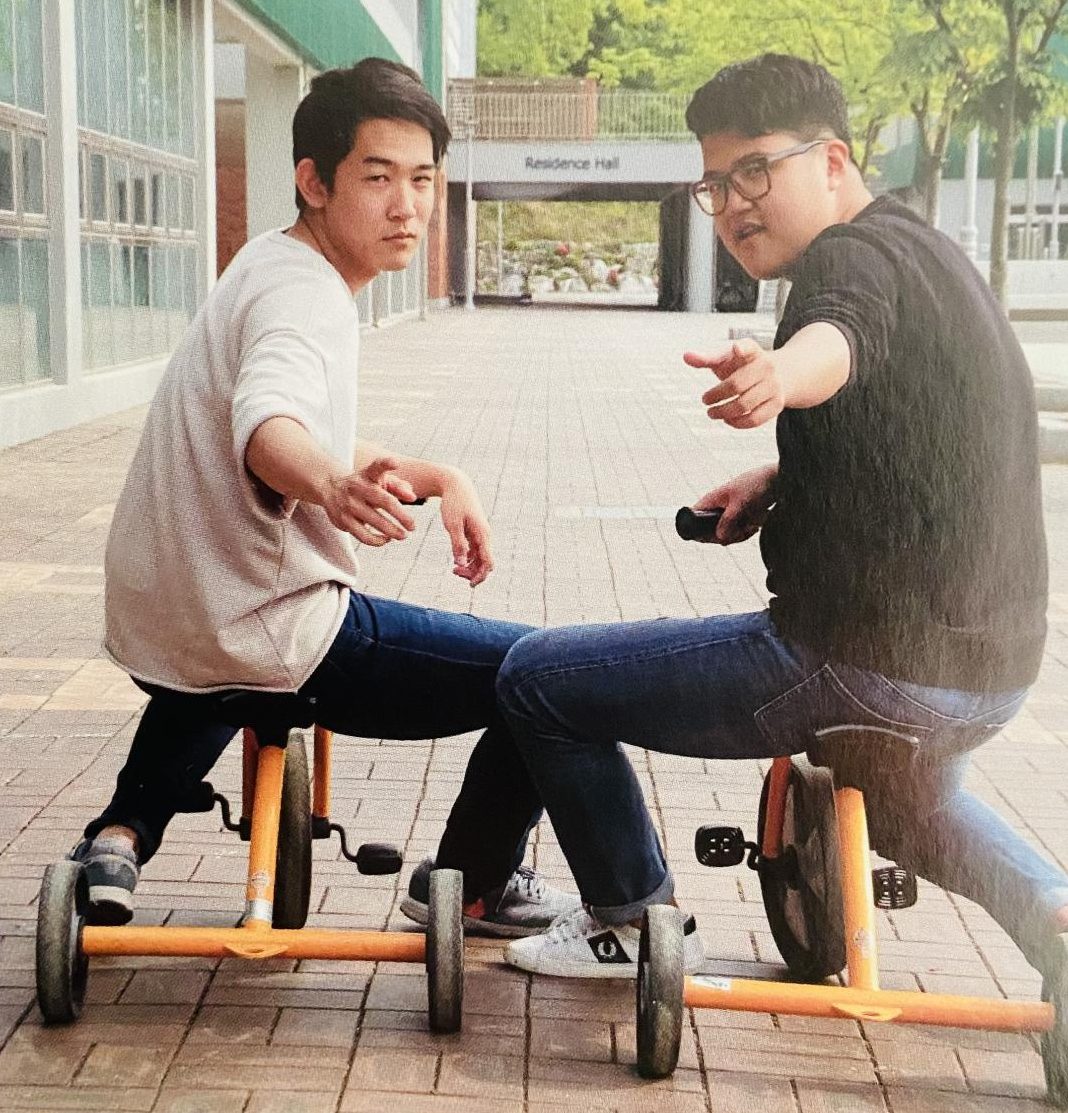
Do you miss DIS? Which part in particular?
I miss the spring music concert and Christmas concert. I played percussion in Mr. Hutchings’s class and I couldn’t read the sheet music, but I really liked music class for sure. I really liked playing volleyball too. I played it even after school and Mr. Hinkle was the coach. I really liked Learning Lab as well. I always played Tetris with kids. I did it after doing all my work but when a teacher came across, I would press on the command tab. Tetris was good.
Do you have anything you appreciate about DIS that still influences you?
English, for sure. I’ve never studied abroad. DIS students usually go on homestays and come back to Korea and go to DIS to maintain their English skills, but I’ve never gone on one, so my English is entirely from DIS education. Since being able to speak another language is an important international skill, I felt grateful to have the skill.
I also felt that Japanese people are bad at expressing themselves because they think it is rude to show their opinions. But that is not how DIS teachers teach. The curriculum teaches us to speak up for ourselves and do presentations on the smartboard. These interaction skills and speaking skills were something that normal Japanese and Korean schools wouldn’t teach, so in that way, DIS was good.
Do you have any advice for the current seniors?
I really encourage DIS students to actively communicate with the teachers. If you have a senior privilege to get out of the classroom during Learning Lab, you should really go talk to teachers about random stuff. It doesn’t have to be school-related. Just talk about the teacher’s life or your life. Communication with teachers is important because, in college, you would never get the chance to hang out with professors. They just give lectures and they disappear. But DIS teachers are there. If you are not really a talkative person you might start with Mr. Hutchings because he is always talking. Your curriculum teachers are there when you’re in the class, so it might be a good idea to talk with the administrators or Ms. Becky too.
Rei seems to be enjoying his new environment to its fullest. He shared his valuable reflections on growth and identity. I hope you all enjoyed this interaction and learned from it as much as I did. Rei’s optimistic views of the world warm my heart. I will cherish this conversation for a long time.

































